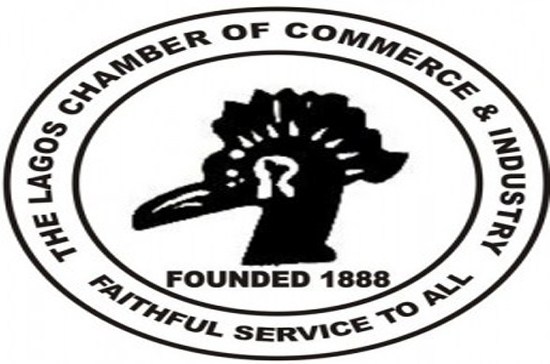The Lagos Chamber of Commerce and Industry (LCCI) has expressed concern about the nation’s declining non-oil export earnings, noting that Nigeria’s quest for diversify the economic cannot be attained without Nigeria’s access to international market.
The president of the group, Alhaji Remi Bello, said that a Central Bank of Nigeria’s (CBN’s) report revealed that the total non-oil export earnings by Nigerian exporters during the second quarter of 2015 stood at US$631.54 million, indicating a decline of 64.9 and 75.1 per cent below the levels in the preceding quarter and the corresponding period of 2014 respectively.
The LCCI boss, who was represented by the Director General, Muda Yusuf at a national agro-commodity export stakeholders’ forum organised to equip Nigerian exporters with the requisite skills and knowledge to gain access the global market, said Nigerian exporters have consistently suffered losses due to rejection of their products by several developed countries across the globe. He pointed out that the situation has brought to the fore the importance of meeting international standards if the nation must improve her fortunes in export trade.
He said the recent European Union ban on some food items like beans, sesame seeds, melon seeds, fried fish, meat, peanut drips, cocoa, cashew nuts and palm oil from entering Europe till June next year, therefore, calls for the urgent need to formalize processes of standardizing Nigerian Export products to meet the EU set deadlines.
He also stated the need for more credit support to exporters to acquire necessary facilities and equipment to meet international standards, maintaining that the CBN economic report for second quarter of 2015 revealed that a tota1 of N27 billion was guaranteed to 14,229 farmers under the Agricultural Credit Guarantee Scheme (ACGS) during the second quarter of 2015.
“This amount represents a decline of 29 and 19.1 per cent below the levels in the preceding quarters and the corresponding period of 2014, respectively. Special intervention funds should be made more relevant and accessible to exporters to boost their capacity to compete with international brands and products,” he said.
He noted that with the current price of oil in the international market falling to about $48 per barrel, the Nigerian economy must be diversified away from the over-dependence on oil revenue, advising that government should focus more on the non-oil sector for economic growth.
In his words: “According to statistics from the National Bureau of Statistics (NBS), growth in the non-oil sector was largely driven by activities of trade, crop production, construction and telecommunication. The non-oil sector grew by 3.46 per cent in real terms in second quarter of 2015. This was 2.13 per cent points lower from first quarter of 2015 and 3.26 per cent points lower from the corresponding quarter in 2014.”
Furthermore, he said in real terms the non-oil sector contributed 90.20 per cent to the nation’s Gross Domestic Product (GDP), marginally higher from share it recorded in first quarter of 2015 at 89.55per cent.
“This I implore the stakeholders here to deliberate on ways to achieve standardisation of our products towards boosting access to the international markets,” he added.
Also speaking at the event, the Chairman, Export Group, LCCI, Dr. Obiora Madu, explained that LCCI convened the forum to address the constant rejection of some of the nation’s agro produce m international market, saying that Nigeria must get its act right before the EU deadline.
“Our agricultural commodities rank among the best in the world. My experience has been that there is nothing wrong with our produce but there is something wrong with us,” he said.
He stressed that the embargo placed on Nigeria is a reflection of the nation’s inability to adhere to global standards.
